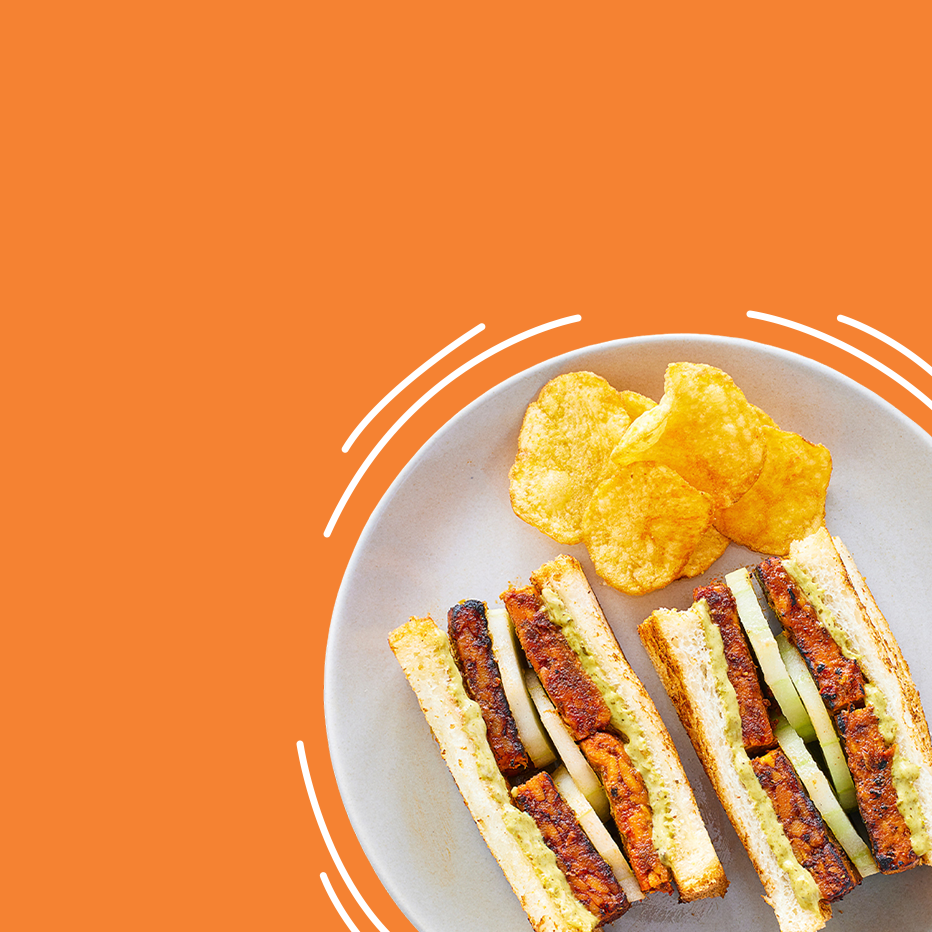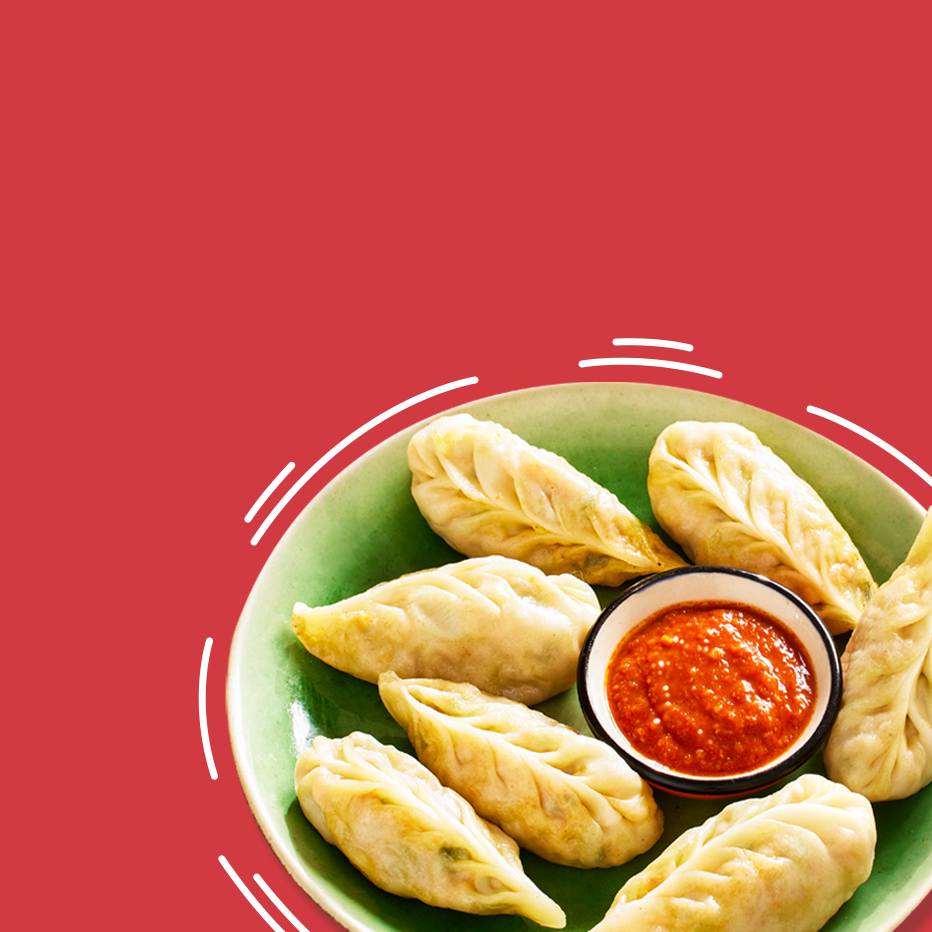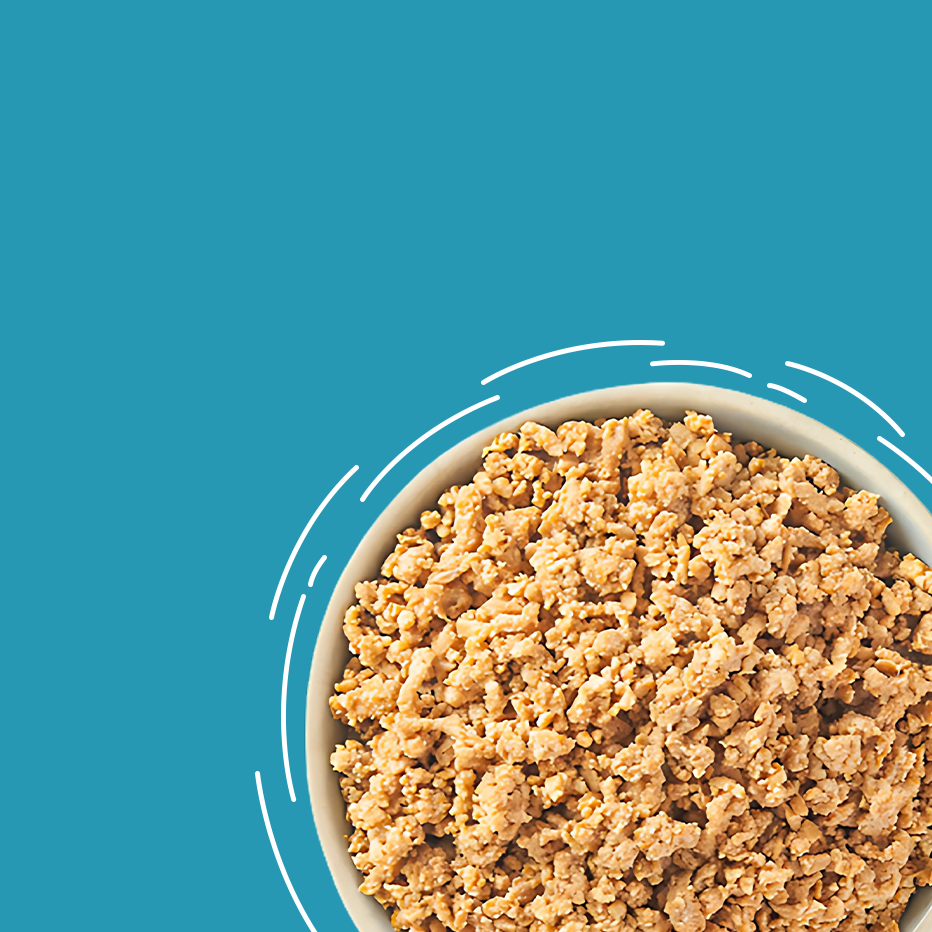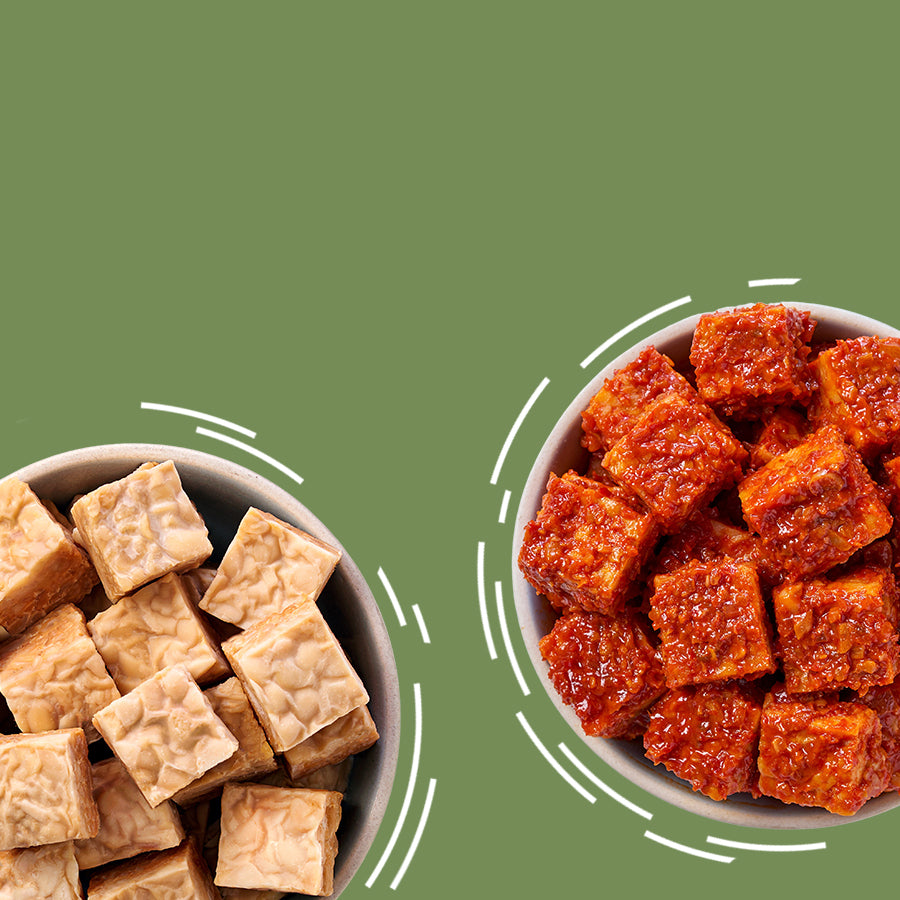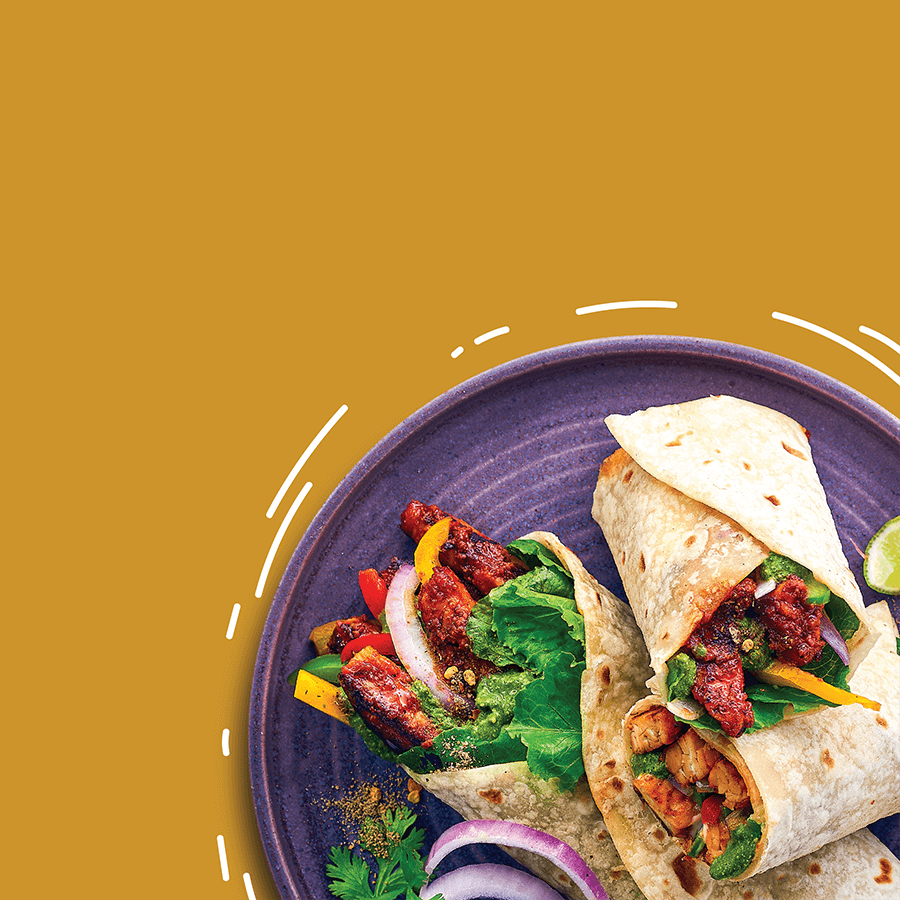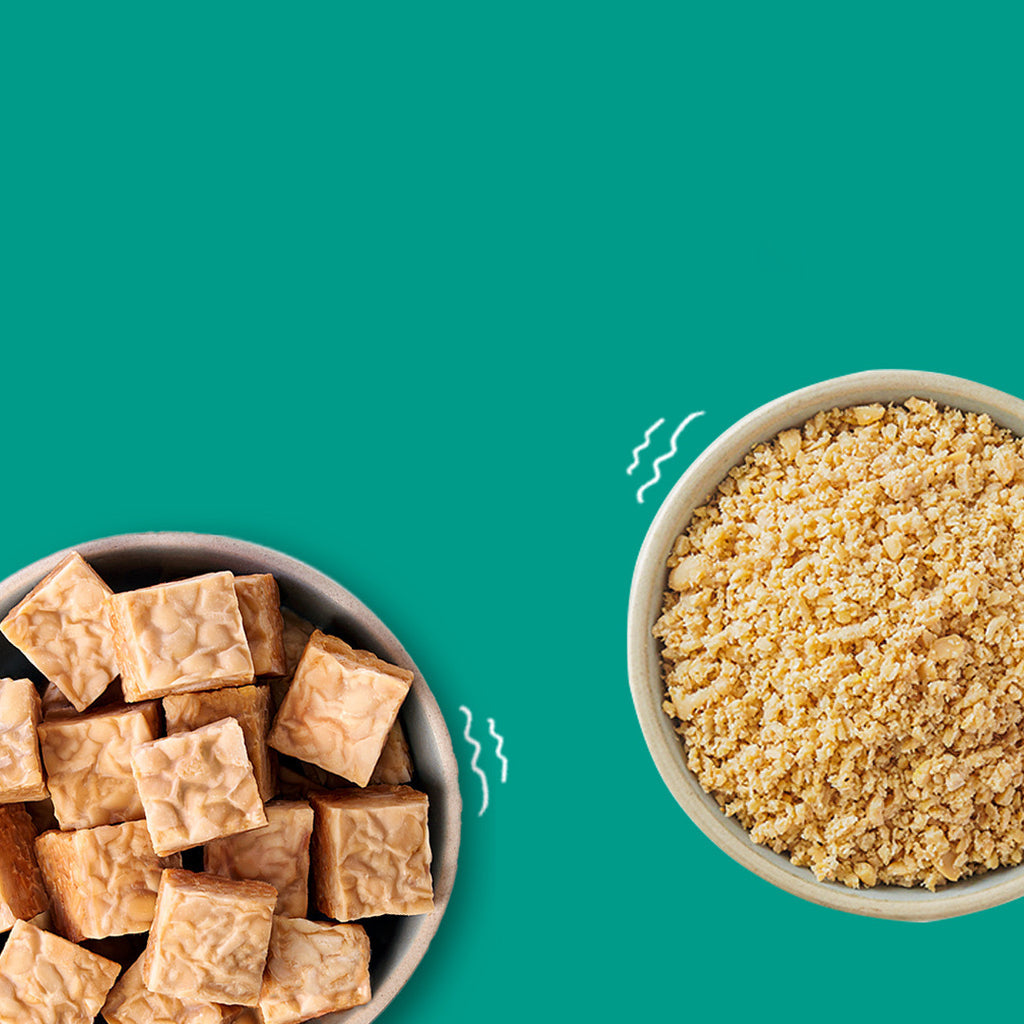Plant-Based Foods That Are Pro in Protein!
You might not know much about protein but would know how it makes you feel. Remember the instance when your breakfast made you feel full and crave less for snacks? Well, that’s protein for you. Apart from calming your hunger, it plays a vital role in carrying out several fundamental body functions the main ones being building, repairing, recovery, and maintenance of your muscles and body tissue.
According to a research study conducted by National Centre for Biotechnology Information, the Recommended Dietary Allowance of protein for an adult with minimal physical activity is 0.8 grams/kilogram of body weight. Therefore, adequate consumption of protein-rich foods is essential for optimal growth and development. For someone who does not consume animal protein, the most pressing question that comes up is how to increase protein intake in vegetarian diet. Read along to know more.
Recently, there has been a rise in people switching to plant-based diets. If you plan to switch to a plant-based lifestyle and are concerned about its impact on the daily recommended nutrient intake, especially protein, below is a list of 10 outstanding plant-based foods for an optimum protein intake.
10 Plant-Based Foods for a Protein-Rich Vegetarian Diet

Vegetarians often struggle to stay up to speed with their protein intake because higher protein content is often attributed to non vegetarian food items. We are here to tell you about some effective sources of protein for vegetarian diet.
Soy products are proven to make up for some of the richest vegetarian protein sources. Tempeh is an excellent nutrient-packed superfood made from fermenting whole soybeans. A 100-gram serving of Tempeh contains approximately 20 grams of protein. It has all the 9 essential amino acids- something rare to find in any of the plant based protein alternatives. Being fermented, it is also great for your gut, easy to digest with better bio-availability. Not just protein, Tempeh is also rich in dietary fibre and packed with other essential micronutrients as well.
Tempeh is a nutrient dense, dairy-free and gluten-free alternative for dairy products. We offer plain tempeh cubes, pre-marinated cubes, and a variety of combos. You can visit our website - Hello Tempayy, for getting high-quality Tempeh delivered to your home.
Seitan

Seitan is popular among people who look for vegetarian protein sources. Often referred to as ‘wheat meat’, seitan contains approximately 25 grams of protein in a 100-gram serving. Made from Gluten - the main protein present in wheat, it closely resembles the look and texture of meat. It can be a great addition to your high protein vegetarian diet for weight loss.
Seitan is also a good source of selenium and other nutrients like calcium, iron, and phosphorus and has low amounts of carbohydrates. Like other plant-based foods, it contains trace amounts of nine essential amino acids. People having problems with gluten should avoid this vegetarian protein.
Tofu

While Japanese and Chinese people have been making Tofu for the past 2,000 years, it has recently gained popularity in other countries. Also known as ‘Bean Curd’, Tofu is made from pressing soy milk into a solid block. A 100-gram serving of tofu contains 17 grams of protein.
Due to its high contents of other essential nutrients like calcium, manganese, copper, and selenium, tofu is a popular plant-based protein food among vegans and vegetarians like its soy-cousin tempeh. Additionally, tofu is known to help reduce the risks of numerous chronic illnesses.
Beans

All the varieties of beans across the globe contain high amounts of protein. Boiled beans contain 9 grams of protein in a 100-gram serving (protein amounts differ among various bean varieties). Beans also make up for excellent sources of other vital nutrients, dietary fiber, and several beneficial plant compounds.
Research studies have shown that a diet consisting of beans and other legumes helps decrease cholesterol levels, blood pressure, and belly fat. They are also effective in blood sugar management.
Green Peas

Green peas account for almost 25% of your daily vitamin A, C, K, fibre, thiamine, folate and manganese. They're also a great source of iron, magnesium, and B vitamins. A 100-gram serving of cooked green peas equals 5.36 grams of protein, which is more protein than a 100 ml serving of milk.
The high nutritional value of green peas helps prevent a few chronic diseases like cancer and diabetes. The presence of protein and dietary fibre ensures slow digestion and promote satiety. However, green peas also contain antinutrients that interfere with mineral absorption.
Quinoa
Quinoa is a pseudocereal (plants that produce fruits or seeds used as grains) containing reasonable protein amounts. A hundred-gram serving of quinoa equals 4.4 grams of protein. Magnesium, iron, and zinc are abundantly present in quinoa. Bitter varieties of quinoa contain more nutrients and antioxidants than sweeter varieties.
Soy Milk

If you have lactose intolerance or are trying to avoid dairy products, soy milk can be a superb source of protein fortified with vitamins and minerals. In addition to packing 4.64 grams of protein in a 100 ml serving, soy milk is also rich in calcium, vitamin D, and vitamin B12. It also contains phytoestrogens, which help reduce menopausal symptoms. Soy is generally a great plant-based source of omega-3 fatty acids. These fatty oils reduce the risk of brain disorders like dementia and Alzheimer’s disease.
Oats and Oatmeal

Oats and Oatmeal serve as great options for a protein-rich vegetarian diet. A 100-gram serving of dry oats contains 16.9 grams of protein and 10.6 grams of dietary fibre. Oats and Oatmeal also contain other nutrients such as magnesium, zinc, phosphorus and folate.
The health benefits of oats and oatmeal include, but are not restricted to, blood pressure regulation and prevention or control of Type 2 diabetes. Additionally, feeding oats to infants under six months of age can help reduce the risk of childhood asthma. Oats are frequently combined with other grains, such as wheat. As a result, people with gluten allergies or celiac disease should only buy oats that have been certified as pure.
Chia Seeds

A diet consisting of chia seeds ensures improved blood sugar control and an increased fibre intake. Originating from Mexico and Guatemala, these seeds are fantastic high protein vegetarian foods. A 100-gram serving of chia seeds contains 16.5 grams of protein and 34.4 grams of fibre. They also have high Omega-3 contents that promote good heart health ans therefore, they are a valuable addition to high protein vegetarian diet for weight loss.
Nuts

Depending on the variety, a 100-gram serving of nuts contains 15 to 20 grams of protein (depending on the nut variety). Apart from being nutrient-dense, nuts are also known to have anti-inflammatory properties. Nuts also aid in blood pressure control, lowering cholesterol levels and reducing the risk of cardiac arrest or strokes. Raw and unprocessed nuts contain higher nutrients than cooked or processed alternatives.
While these protein-rich foods can keep your hunger and appetite in control, they also help prevent or control chronic ailments. Therefore, whether you are a fitness enthusiast or someone looking to take small steps towards good health, these high-protein vegan foods can add to the total nutritional intake of your diet.
